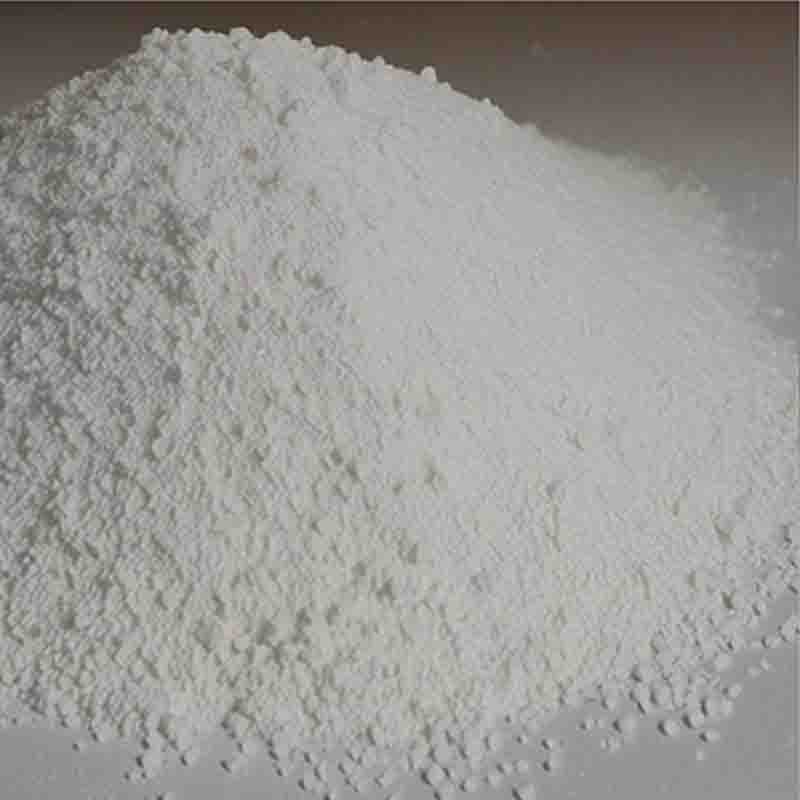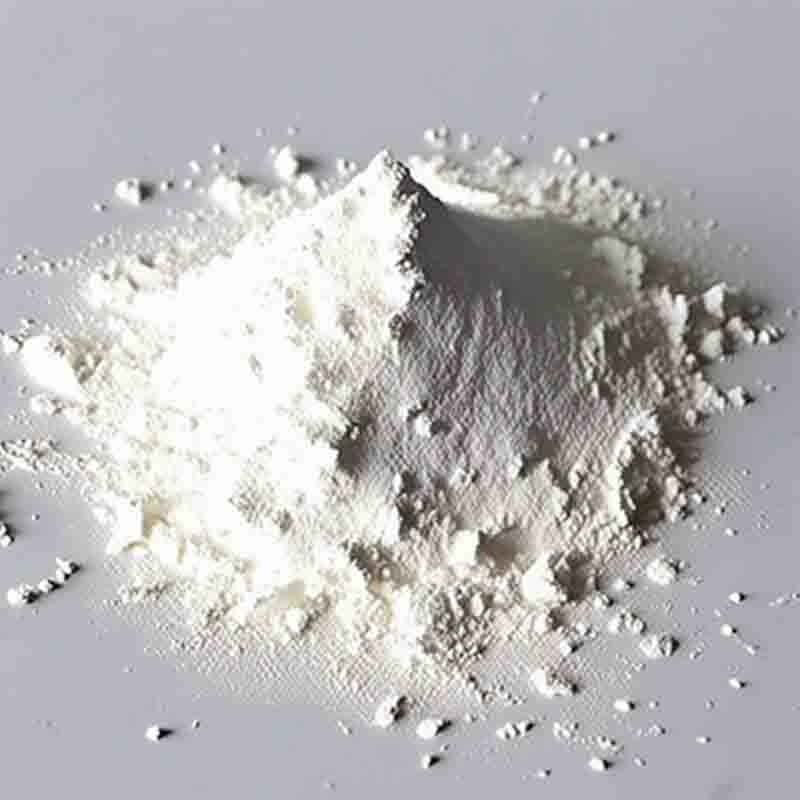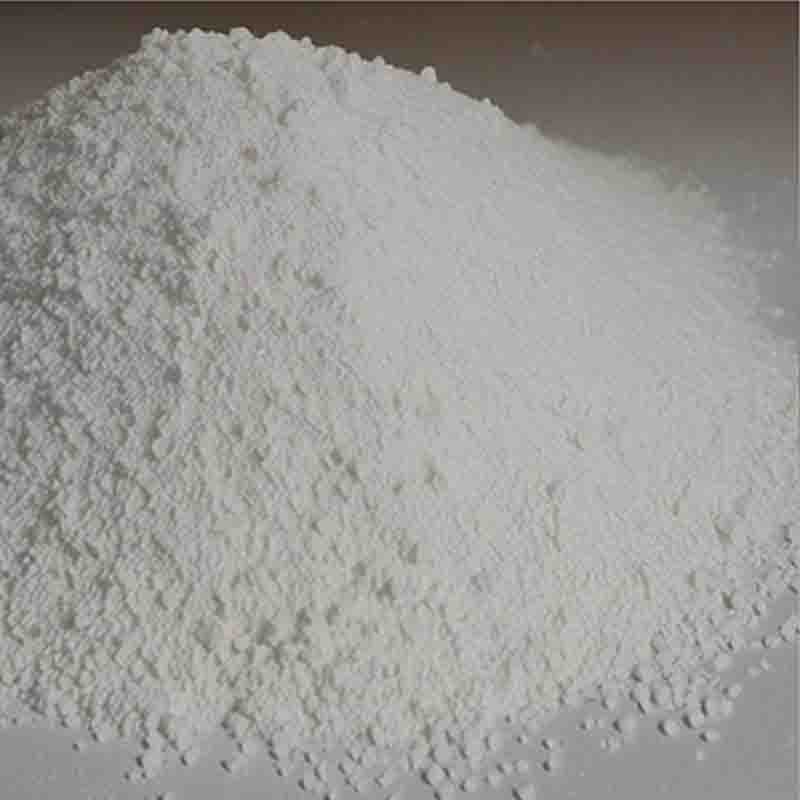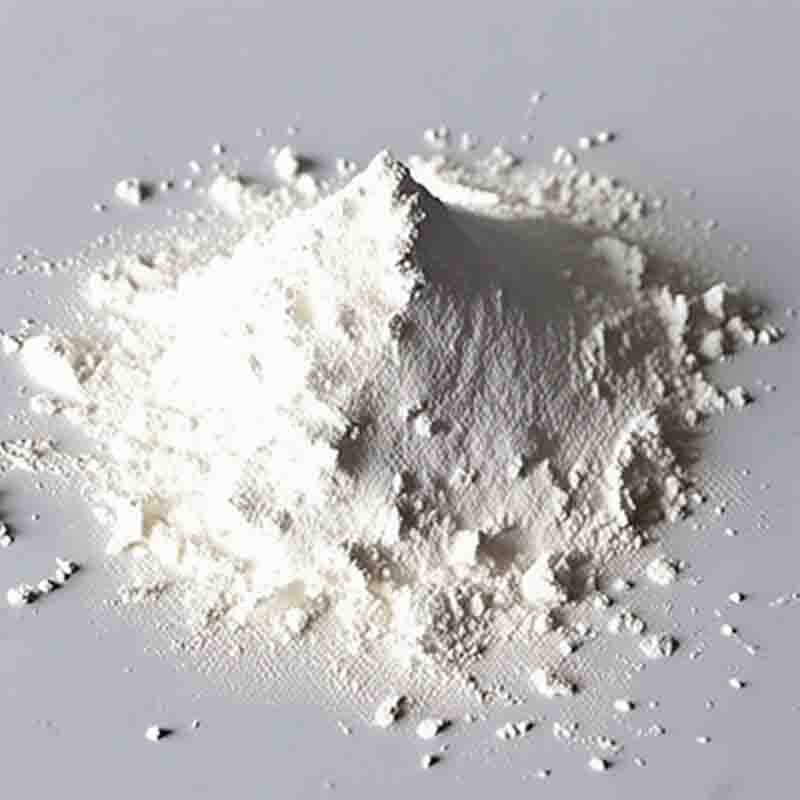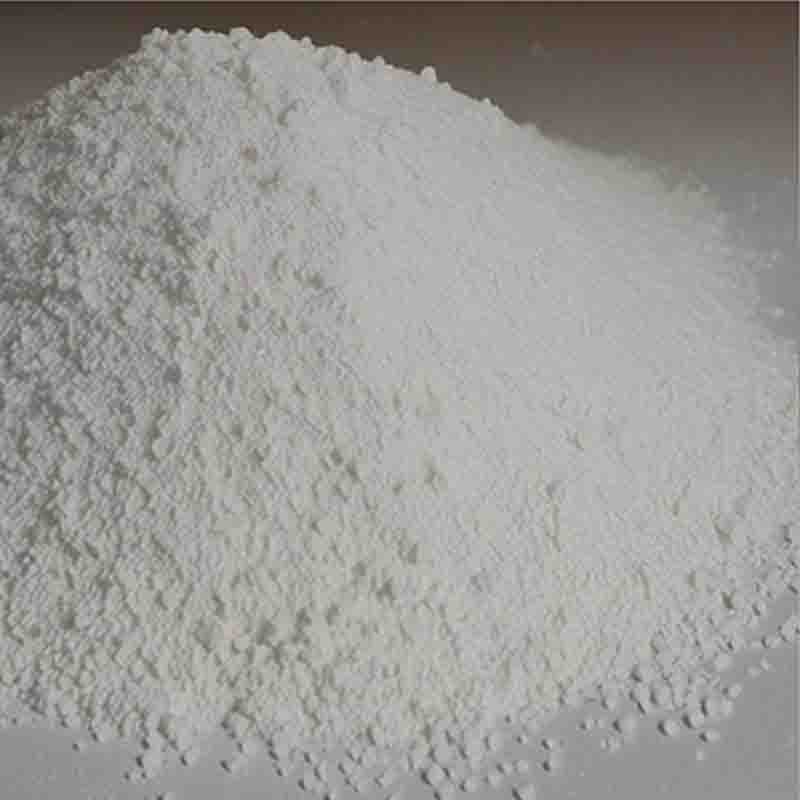1,4-Dihydro-2,6-dimethyl-4-(2′,3′-dichlorophenyl)-5-carboxy methyl-3-pyridinecarboxylic acid CAS: 123853-39-4
| Catalog Number | XD93866 |
| Product Name | 1,4-Dihydro-2,6-dimethyl-4-(2',3'-dichlorophenyl)-5-carboxy methyl-3-pyridinecarboxylic acid |
| CAS | 123853-39-4 |
| Molecular Formula | C16H15Cl2NO4 |
| Molecular Weight | 356.2 |
| Storage Details | Ambient |
Product Specification
| Appearance | White powder |
| Assay | 99% min |
1,4-Dihydro-2,6-dimethyl-4-(2',3'-dichlorophenyl)-5-carboxy methyl-3-pyridinecarboxylic acid is a mouthful of a chemical name, but it refers to the active ingredient in a drug called Clevidipine. Clevidipine is a medication used for the management of hypertension, or high blood pressure, in adult patients.Clevidipine is a calcium channel blocker, which means it works by blocking the entry of calcium ions into smooth muscle cells lining the blood vessels. This inhibits muscle contraction and causes the blood vessels to relax and widen, reducing peripheral vascular resistance and lowering blood pressure.The use of Clevidipine is primarily limited to the hospital setting, where it is administered intravenously. It is used in situations where there is a need for rapid control of blood pressure, such as in hypertensive emergencies or perioperative care. Its fast onset of action allows for prompt reduction in blood pressure, which can help alleviate symptoms and prevent organ damage that can result from uncontrolled hypertension.Clevidipine is particularly useful in surgical settings, especially cardiovascular surgery, where maintaining stable blood pressure is crucial. Its short duration of action allows for precise control and adjustment of blood pressure during the procedure. This helps ensure optimal organ perfusion and reduces the risk of complications related to hypertension, such as bleeding or ischemia.The pharmacokinetics of Clevidipine contribute to its favorable use in clinical practice. It has a rapid onset and offset of action, with a half-life of approximately one to two minutes. This allows for easy titration and adjustment of the medication to achieve the desired blood pressure control without causing prolonged hypotension or adverse effects. It also means that if any unwanted effects occur, they are usually short-lived.As with any medication, Clevidipine is not without its potential side effects. Common adverse effects include headache, nausea, hypotension, and reflex tachycardia. Close monitoring of blood pressure and heart rate is necessary during administration to ensure appropriate dosing and to promptly address any adverse reactions.In conclusion, 1,4-Dihydro-2,6-dimethyl-4-(2',3'-dichlorophenyl)-5-carboxy methyl-3-pyridinecarboxylic acid, or Clevidipine, is a calcium channel blocker used for rapid control of blood pressure in hypertensive emergencies and perioperative care. Its fast onset and short duration of action make it a valuable choice in critical situations where immediate blood pressure reduction is needed. Clevidipine provides a targeted approach to managing hypertension and plays an important role in ensuring patient safety and optimizing outcomes in the hospital setting.


